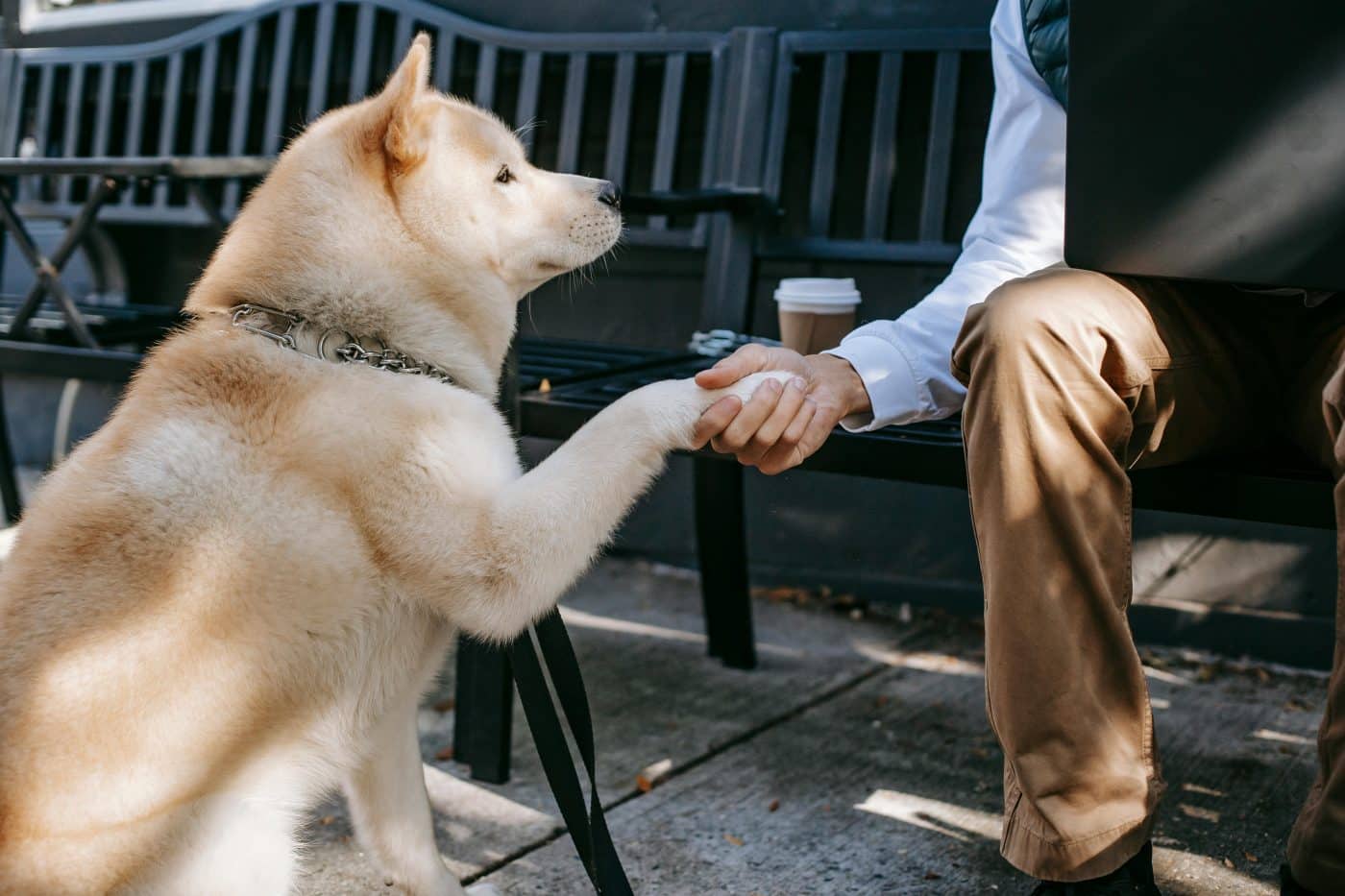 Shutterstock
Shutterstock
Dogs have an uncanny ability to connect with us on a deeper level, making them more than just pets—they’re family. Beyond their loyalty and companionship, dogs seem to understand us in ways that can be both surprising and heartwarming. They sense our emotions, respond to our body language, and even know when we need a little extra love. Whether it’s offering comfort during tough times or celebrating our joy, dogs show a remarkable understanding of their human companions. Here’s a look at how they truly understand us in ways that go beyond words.
They Can Sense Our Emotions
 Shutterstock
Shutterstock
One of the most astonishing ways dogs understand us is through their ability to detect our emotions. Studies have shown that dogs can read our facial expressions and even respond to our moods. Whether we’re feeling happy, sad, stressed, or anxious, dogs can often sense it before we even realize it ourselves. When we’re upset, dogs may nudge us or sit close by, offering their silent support. Their sensitivity to our emotions strengthens the bond between us, as they provide not just companionship but an empathetic presence that helps us navigate our feelings.
They Know Our Voice
 Shutterstock
Shutterstock
Dogs are highly attuned to the sound of our voices. Research has demonstrated that dogs can distinguish between different vocal tones and pitches, allowing them to recognize when we’re happy, angry, or upset. They understand the difference between a cheerful greeting and a stern command, often responding accordingly. When we speak in a warm, loving tone, they may wag their tails, jump around excitedly, or snuggle closer to us. In contrast, when we use a commanding or firm voice, they can sense it’s time to listen and obey. Their ability to understand vocal cues enhances communication between us, even without the need for words.
They Can Read Our Body Language
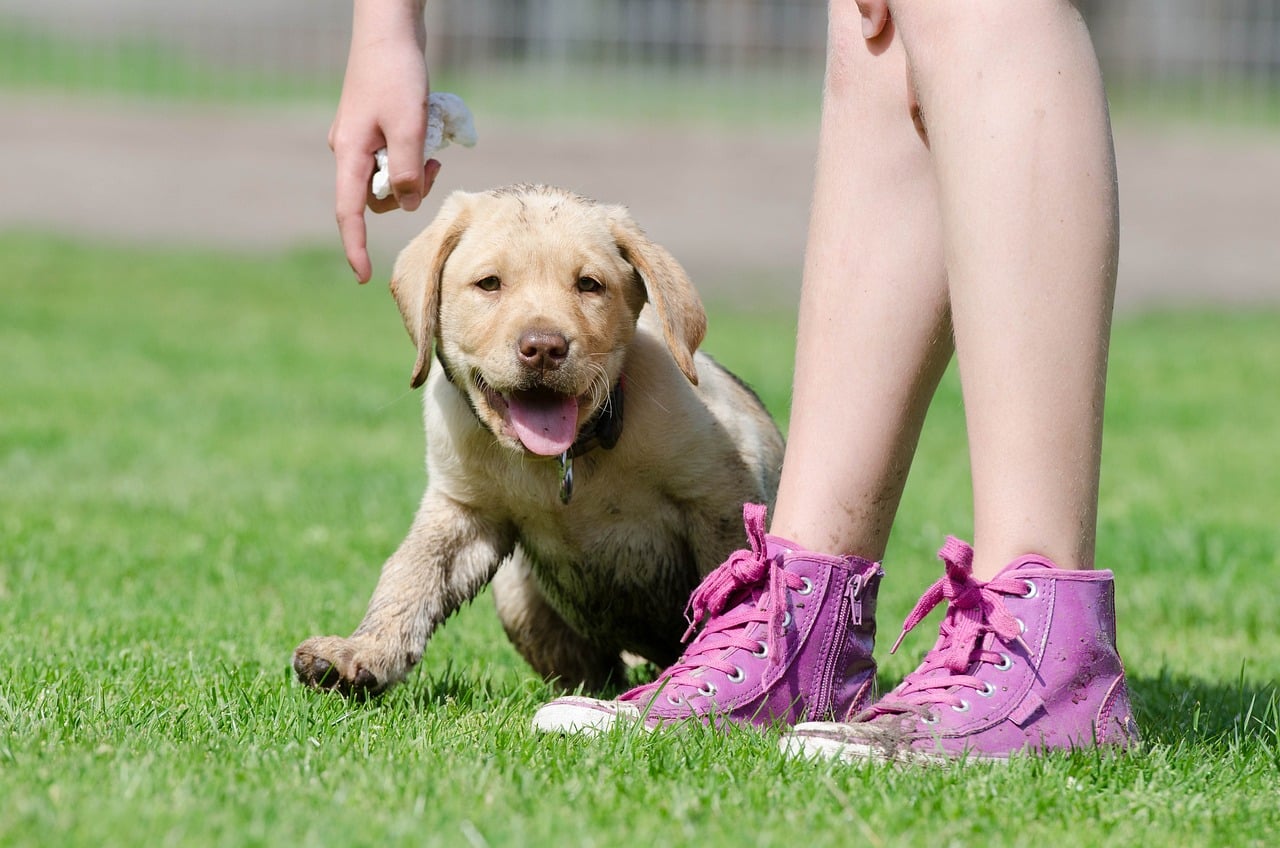 Shutterstock
Shutterstock
Dogs are masters of reading nonverbal communication. We may not realize it, but our body language often speaks louder than words, and dogs are quick to pick up on it. They notice subtle shifts in our posture, gestures, and even eye movements. For example, when we’re feeling tense or anxious, they may sense our body’s cues—like clenched fists or a stiff stance—and adjust their behavior accordingly. Dogs are also highly perceptive to our facial expressions, knowing when we’re smiling or frowning. This ability to interpret body language helps them respond to us in ways that feel more intuitive, making them excellent companions for both emotional and physical support.
They Respond to Our Needs
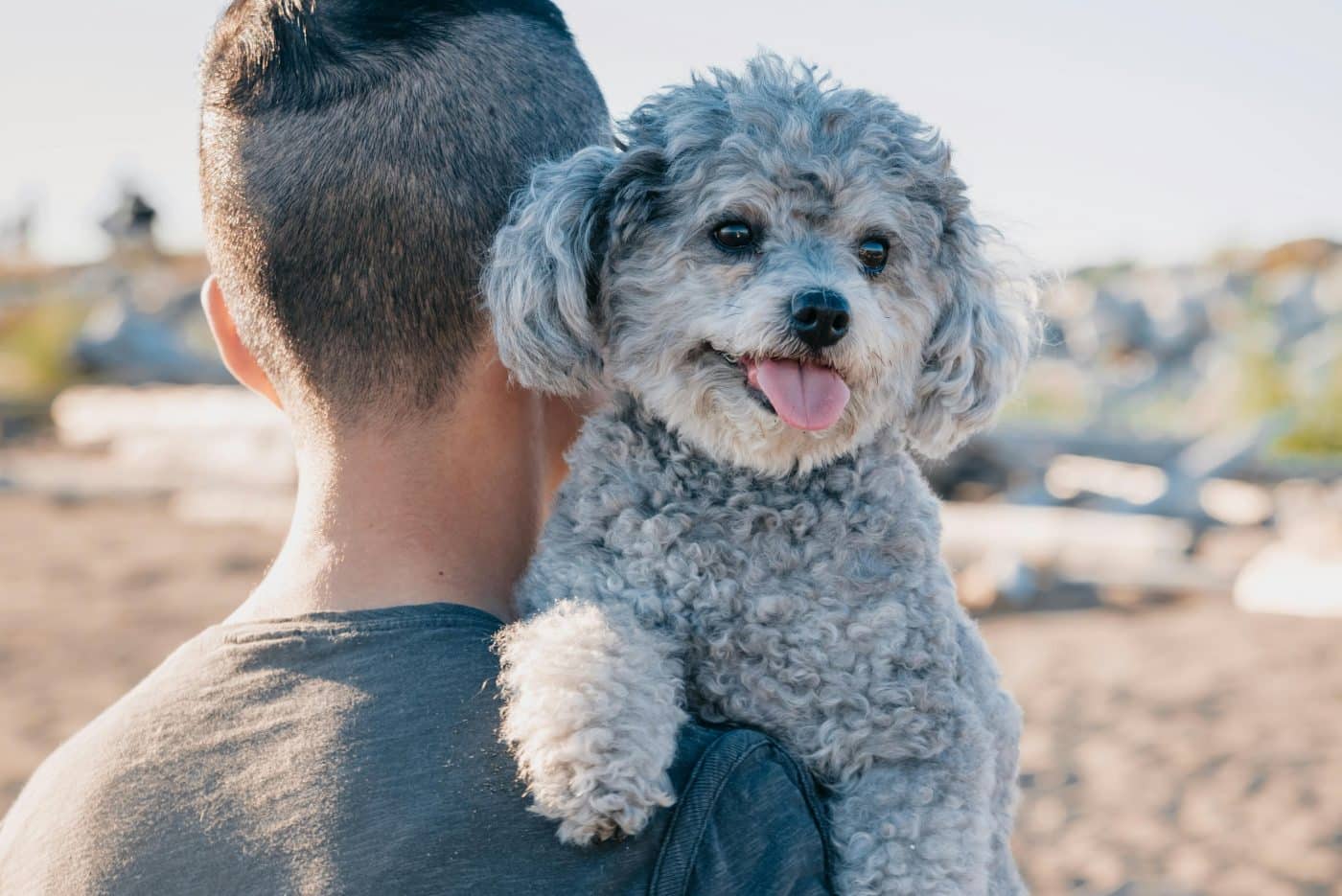 Shutterstock
Shutterstock
Dogs are incredibly attuned to our needs, both physical and emotional. If we’re feeling sick or unwell, many dogs instinctively stay close to us, offering comfort through their presence. They may nudge us or rest their head on our lap when we’re upset, providing an emotional anchor. If we’re feeling lonely or need companionship, they’re right there beside us, often sensing the need for connection. This responsiveness to our moods and physical states is one of the reasons dogs are so often used as therapy animals—they have a unique ability to provide support exactly when we need it most.
They Mirror Our Behaviors
 Shutterstock
Shutterstock
Dogs are known to mirror our behaviors and emotions, often adopting our moods as their own. If we’re excited or happy, they’re likely to reflect that energy with wagging tails, jumping, and playful behavior. On the flip side, if we’re sad or down, our dogs may seem more subdued, mirroring our emotional state by curling up next to us or quietly resting by our side. This mirroring behavior helps dogs connect with us on a deeper level, as they become emotionally in sync with our needs, making them ideal companions during both joyful and challenging times.
They Recognize Our Routine
 Shutterstock
Shutterstock
Dogs thrive on routine, and their understanding of our daily schedule is a key way they show they understand us. They quickly learn when we leave for work, when it’s time for meals, and even when it’s time for walks. Some dogs will even anticipate our actions—if we reach for our keys, they may know we’re about to leave, and they’ll react accordingly. Their ability to predict our routines shows a level of understanding and awareness that goes beyond simple habit; it indicates that they are in tune with our lives and aware of what comes next, making them reliable and dependable companions.
They Can Detect Our Stress
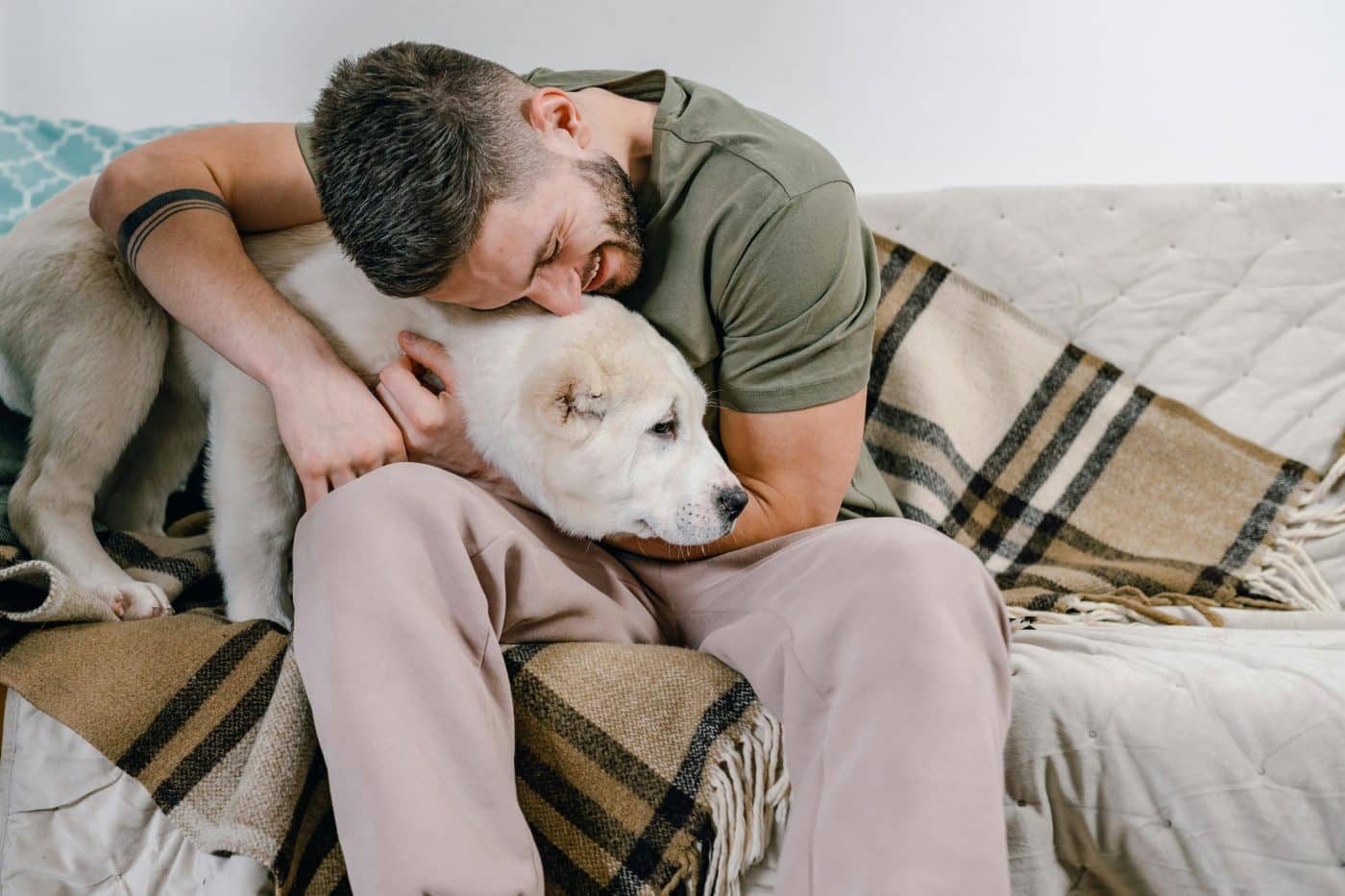 Shutterstock
Shutterstock
Dogs are highly sensitive to changes in our emotional state, and many can detect when we’re feeling stressed, anxious, or upset. Studies have found that dogs can sense chemical changes in our bodies, such as the release of cortisol (the stress hormone), which occurs when we’re anxious. When a dog senses we’re stressed, they may act in ways to help calm us, such as licking our face or sitting on our lap. Their ability to sense and respond to our stress is part of what makes dogs excellent therapy animals—they can offer comfort in ways that feel intuitive and supportive.
They Know When We’re Happy
 Shutterstock
Shutterstock
Just as dogs can sense when we’re upset, they also have an incredible ability to tell when we’re happy. Dogs are skilled at recognizing the changes in our voice, posture, and overall demeanor when we’re in a good mood. A wagging tail, excited jumping, or playful behavior are often their responses to our joy. They love to share in our happiness, and this ability to sense positive emotions helps strengthen the bond between dogs and their owners. When we’re happy, our dogs are often right there with us, excited to celebrate our good mood.
They Have an Incredible Memory
 Shutterstock
Shutterstock
Dogs have a remarkable memory, and their ability to recall specific events or people is a sign of their deep understanding. Whether it’s remembering where their favorite toy is hidden or recalling a specific person’s scent, dogs have an impressive ability to retain information. This memory also extends to recognizing patterns in our behavior, such as knowing when it’s time to go for a walk or when we’re about to give them a treat. Their memory and recognition skills contribute to their ability to anticipate our needs, reinforcing their role as loyal companions who are always there for us.
They Understand Our Needs Through Their Senses
 Shutterstock
Shutterstock
Dogs rely on their extraordinary senses to understand and interpret the world around them, including our emotions and physical needs. Their sense of smell is 10,000 to 100,000 times more powerful than ours, allowing them to detect even the subtlest changes in our scent when we’re stressed, anxious, or happy. They can detect changes in our pheromones, the chemicals we release when we’re experiencing different emotions. By responding to these changes, dogs can offer emotional support when they sense we’re in need, whether it’s during a stressful situation or in moments of joy. Their ability to use their heightened senses to tune into our needs is a significant reason why dogs are often the first to know when something is wrong or when we need comfort.
They Know When We Need Space (and When We Don’t)
 Shutterstock
Shutterstock
While dogs are often incredibly clingy and affectionate, they also have a remarkable ability to sense when we need some personal space. Whether we’re stressed, upset, or just need a little time to ourselves, many dogs will respect our boundaries and give us the space we need. They can read our body language and understand when we’re feeling overwhelmed or when we just want a moment of peace. This balance of offering affection while also recognizing when to step back shows that dogs truly understand us, respecting our emotions and our need for both closeness and independence. Their intuitive grasp of this delicate dynamic makes them even more attuned to our needs and solidifies their role as compassionate, reliable companions.
The Unspoken Bond Of Understanding
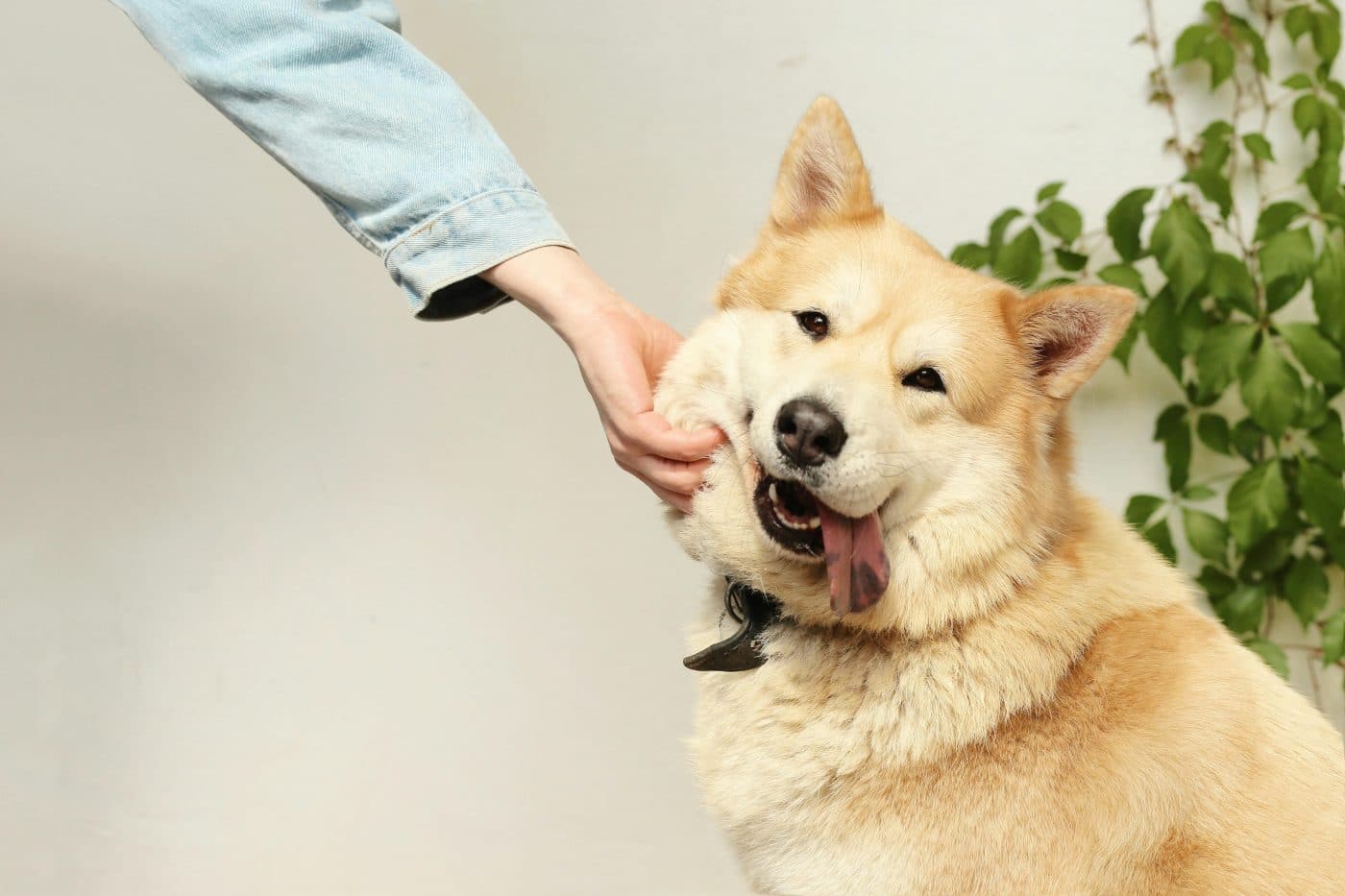 Shutterstock
Shutterstock
Dogs truly possess an amazing ability to understand us, often in ways we can’t fully comprehend. From their ability to read our body language to their intuitive emotional responses, dogs are more than just companions—they are loyal, empathetic beings who can sense our every need. Their capacity to understand our emotions, routines, and physical cues strengthens the bond between us, offering us support in ways that feel almost magical. Whether they’re offering comfort during difficult times, reflecting our moods, or simply being by our side, dogs are the true masters of understanding, proving that the connection between humans and dogs goes far beyond words.
 Toledo, United States.
Toledo, United States.
